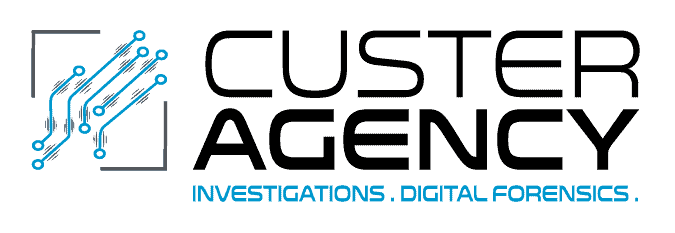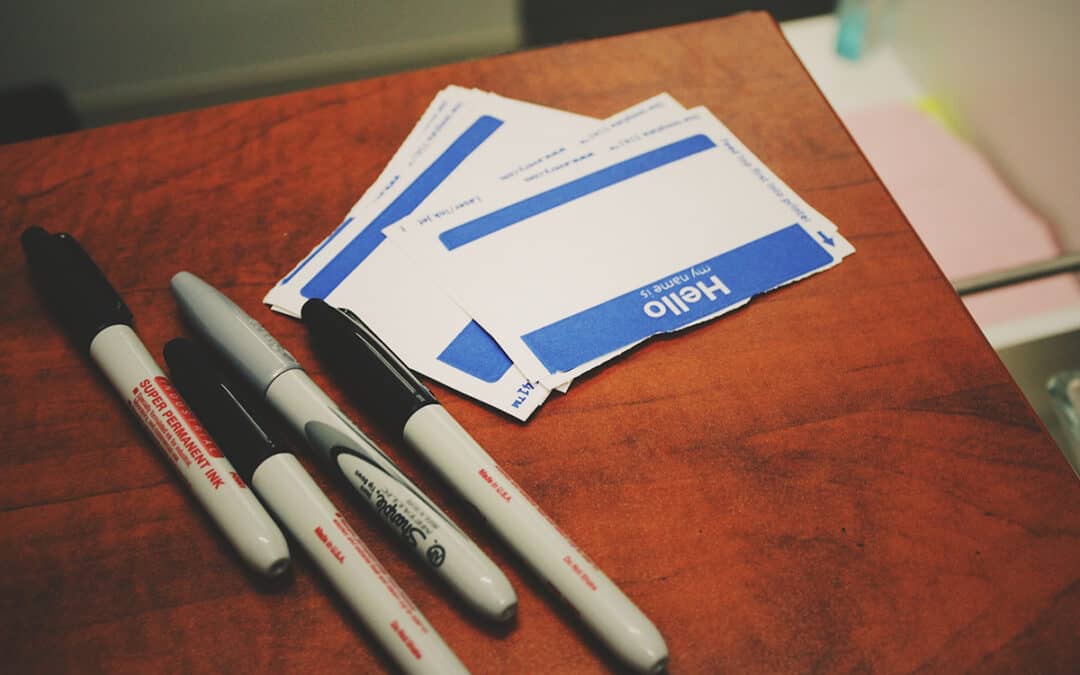Data Protection
In this column, we often discuss various means for businesses to protect their own assets. For small businesses especially, it might be easy to imagine assets only as tangible entities: money, employees, equipment and so forth.
But what about protecting the intangible? Even the smallest businesses are storing data digitally. In a greater sense, they are participating in a digital marketplace with websites and social media. And let’s look beyond data. What about protecting a business’s identity itself?
To answer this question, we met with Brad Frazer, a Boise attorney, a partner at Hawley Troxell Attorneys and Counselors, and an expert in all matters related to intellectual property and Internet law. He identified four categories of intellectual property: copyrights, patents, trademarks and trade secrets.
These categories are often confused and misunderstood by business owners, but they are really quite simple to understand.
- Copyrights give the owner the legal right to exclusive use and distribution.
- A patent is a set of exclusive rights legally granted in exchange for public disclosure of an invention.
- Trademarks include logos, brands, labels, signatures, packaging and any other graphical representation of goods or services that can be legally protected.
- Finally, trade secrets refer to methods, formulas, and procedures that are not available to the general public.
Each of these categories constitutes a business’s identity, yet when most small business owners think of protecting the intangible assets, they think only as far as the data stored on their computers. It’s easy to conceptualize an Excel file containing customer data, or a set of emails stored on an external server. But protecting intellectual property is essential for businesses of every size. Remember, if your business is using the Internet, it is really competing in a global marketplace, and that makes it essential to legally protect your intellectual property.
This protection goes far beyond merely filing trademark and copyright applications. Social media and websites have changed the game when it comes to protecting your brand or business. Anybody with an Internet connection and a handful of change can log on to GoDaddy or Register.com and register a domain name that isn’t in use. (A domain is simply an Internet identifier, such as “custeragency.com,” “nasa.gov,” or “idahostatesman.com.”)
So what happens when somebody decides to take the name of your third-generation family business, register it as a domain and start hosting porn on it? Would that be good for your business identity? What if your biggest competitor grabs it instead?
During our interview, Mr. Frazer gave us some solid advice about registering domain names and social media accounts: “If you don’t, somebody else will.” To extrapolate, he recommends securing at least 20 domains around each trademark held by your business and creating an account on the top 10 social media sites for each trademark.
Creating such a large online presence for each trademark allows legal recourse in the event of intellectual property theft. There really is no excuse for a business to ignore these steps. It might seem like a lot of work, but in reality, it is about an afternoon’s worth of creating free accounts.
Domains are exceptionally cheap, so registering 20 domains might cost a business from $40 to $400 depending on whether the business took advantage of online coupons. Either way, it’s a microscopic investment in preventing someone else from appropriating your company’s identity.
In our next article, we will continue the discussion of intellectual property as it applies to small and medium-sized businesses. In the meantime, take a look at your business’s own online presence. If it’s underwhelming, the least you can do is spend an hour registering social media accounts. Remember: “If you don’t, somebody else will.”
This article originally appeared on the IdahoStatesman website.

